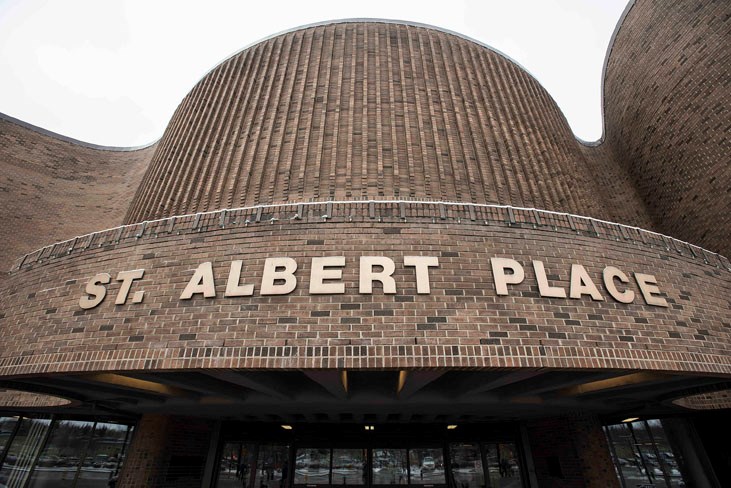Two possible solutions to the city’s financial woes have taken their first steps with the approval of a pilot waste-to-energy plant and the development of a business case for a municipally owned utility corporation.
Both projects were given the green light during Monday night’s city council meeting following a lengthy discussion. While both projects don’t share much in common, the two could become alternative sources of revenue for the city as it continues to deal with financial shortfalls and gaps.
The utility corporation, for example, would be a for-profit business with the city being the lone shareholder, similar to Edmonton being the lone shareholder of Epcor. Operations would be handled by an independent board of directors appointed by council.
Coun. Ray Watkins said he is supportive of looking into a utility corporation as it could act as a means to make the city more self-sufficient.
“We can’t continue to rely on handouts from other levels of government to fund our municipality and our ratepayers,” he said. “We have to look at innovative and other ways to fund our costs. And these costs are costs that are out of control and forever increasing. They’re just going up.”
Administration is now tasked with developing a business plan and market analysis of a city-owned utility corporation, which could oversee services like solid waste, water and wastewater systems. The hope is to have a report come back to council by the fall of 2019.
Coun. Sheena Hughes said she is cautious about moving in this direction.
“I’m looking forward to the business plan and I’m going to go through it with a fine tooth comb to see exactly how viable this is,” she said. “I’m very cautious about this utility corporation because it has a lot of potential of where it could go, which may not be where I want to go with increasing rates without actually having the management of that.”
Right now, the city is facing a financial crunch as it continues to look for solutions to cover a $16.2-million capital shortfall for repair, maintenance and replacement of city assets, and closing a funding gap in the 10-year growth capital plan that amounts to tens of millions of dollars. Council recently trimmed $128 million from that plan, which originally faced a shortfall of more than $300 million.
Coun. Natalie Joly said what the city has planned not only checks the mark for economics but for environmental stewardship as well.
“A few weeks ago, when we renewed our recycling contract for a couple of years, I asked (chief administrative officer Kevin Scoble), 'If we can make money on recycling why aren’t we doing that?' ” she said.
“I was so impressed with your answer that at the end of the day if we can recycling something we should because that fits in with our triangle. The drive to really be stewards of the environment. We’ve talked about economics here a lot but I think we forget that environmental side is also really important in this plan.”
As for the waste-to-energy project, the city will now start looking for sub-regional partners with a request for proposals for a one-year pilot project to be awarded possibly in June.
Coun. Jacquie Hansen said she’s happy to know the project is going to be scalable.
“It’s a massive infrastructure investment if it goes ahead,” she said prior to approval. “I’m very happy we’re commencing discussions with partners because I think we will learn a lot from partnerships. My hope is that ultimately, it becomes a situation where we have formalized partnerships within this. But that’s to be seen.”




